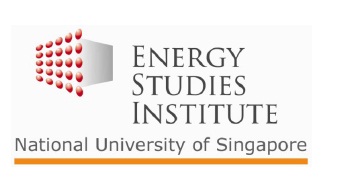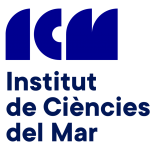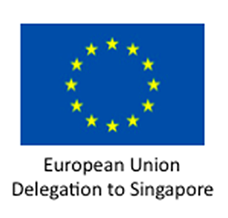Around the world, the COVID-19 pandemic has interrupted everyday life and severely impacted economies. Governments have had to prioritise dealing with the immediate health crisis and the ensuing economic fallout, while trying not to forget longer-term considerations. The pandemic has also underscored the need for concerted international action to build resilience against future challenges, including the threat of climate change. Prior to the pandemic, the EU was moving forward on a European Green Deal to make the region climate neutral by 2050. Restating the commitment of the EU, European Commission President Ursula von der Leyen announced new emission reduction targets for the EU in her September 2020 State of the Union speech, to increase the 2030 target for emission reduction to at least 55%. Many will be watching to see if the EU’s recovery efforts can align with its climate objectives.
The world is under pressure to both reopen and rebuild economies, while also laying the groundwork for a low-carbon future. The annual United Nations Climate Change Conference (COP26) in 2020 was postponed to next year due to the pandemic. At COP26, countries are expected to set rules for a global carbon market, improve on their Nationally Determined Contributions (NDCs) under the Paris Agreement, and submit Long-Term Low-Emission Development Strategies (LEDS). Notably, even with COP26 delayed until next year, Singapore submitted enhanced NDCs and LEDS in the spring of 2020, showing its commitment to the green agenda in the midst of the COVID-19 crisis. Under the present circumstances, COP26 will be closely watched. Governments and the private sector will need to demonstrate that climate action commitments can indeed effect positive change while also creating new jobs and economic growth.
The EU-Singapore Dialogue on Climate Change hopes to provide policymakers, private sector representatives, and experts with a platform to share insights and opinions on current efforts to accelerate climate action, even amidst the pandemic. Organised by the Singapore Institute of International Affairs (SIIA), the Energy Studies Institute (ESI), and the Institute of Marine Sciences (ICM) of the Spanish National Research Council (CSIC), with the support of the European Union Delegation to Singapore, the dialogue will explore the opportunities for collaboration on green recovery from COVID-19, the potential of nature-based solutions in both European and Asian markets, and finally the emerging fields of green finance and green procurement.




